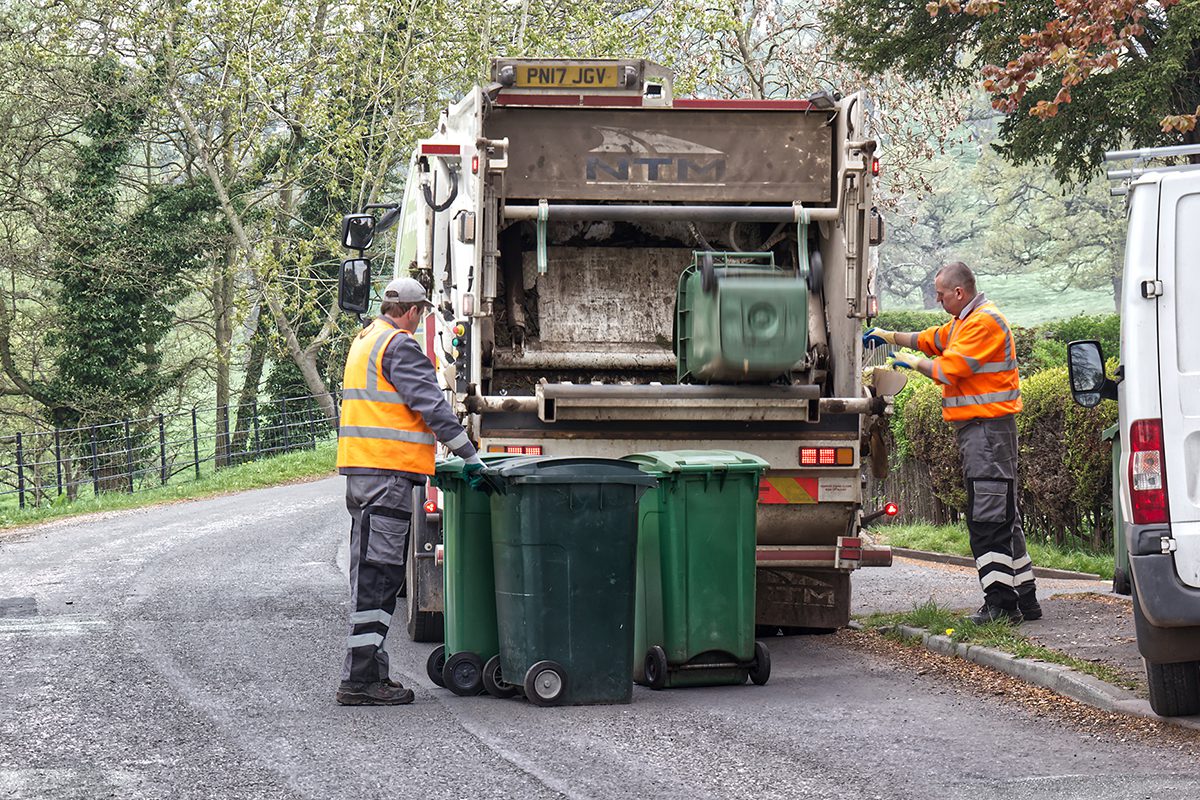
Britain’s hard-working refuse collection crews do a fantastic job of collecting our household waste – but logistics issues are leading to more than 745,000 bin collections being missed, say the authors of a recent study.
According to Whitespace Work Software, which collated this data, time-pressured, under-resourced collection crews missed a total of 732,555 bins in 2018 and 758,426 in 2019; the most recent statistics available.
But domestic waste performances are not equal across the country. Cornwall topped the table of the UK’s most efficient collection crews, missing just 0.00220% of all its bin collections, equivalent to 2.19 missed bins per 1000 households per year – well below the national average rate of 73 missed collections per 1000 households per year. Following swiftly behind Cornwall was South Hams council with 0.00285% or an average of 2.85 missed collections per 1000 households, and Braintree council with 0.00679%, 6.79 missed bins per 1000 households per year.
Mark Garvey, CEO, Whitespace Work Software, comments: “Given the extreme pressure local authorities are under to maintain their services on tight budgets, it’s encouraging to see that many regions are running effective refuse collections. However, it’s important that all parts of the UK are optimising their waste management services to save time, money and resources.”

UK councils spend over £975 million each year managing municipal waste, but many authorities have seen their refuse collection budgets cut in recent years. To help them make the most of their available resources, Whitespace is encouraging waste management teams to introduce innovative technologies such as mobile apps and online information portals, which help residents report missed collections quickly.
Mark Garvey adds: “We all know how frustrating it is when our rubbish isn’t picked up and we have to report it. The easier we can make it for residents to report missed collections, the quicker local authorities can rectify the issue, and the happier communities feel. Digital waste management technologies like resident mobile apps and web portals enable households to report problems online, so councils can get the message to collection crews, to keep the region’s streets as clean as possible.”
Whitespace contacted 309 local authorities under the Freedom of Information Act (2000) to obtain the data for this study. 132 councils responded to the data request.
For more data on missed bin collections, visit whitespacews.com/missedcollections.







